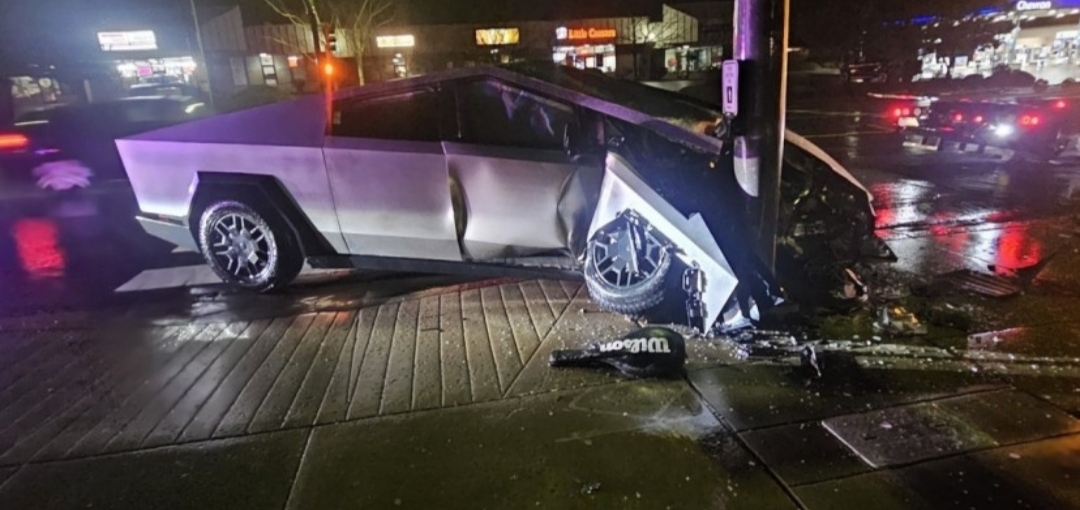Tesla Battles to Keep Autopilot Crash Data Private—Says It’s to Protect Trade Secrets, Not Avoid Bad PR
Tesla Fights to Keep Autopilot Crash Data Secret—Claims It’s About Competition, Not Safety
Electric vehicle leader Tesla is locked in a high-stakes legal battle to prevent the release of detailed crash data involving its Autopilot and Full Self-Driving (FSD) systems. While critics suggest the company is trying to avoid negative press, Tesla claims the real issue is competitive secrecy.
According to Tesla, if the U.S. National Highway Traffic Safety Administration (NHTSA) releases unredacted crash reports—required under its Advanced Driver Assistance Systems (ADAS) data policy—rival automakers could gain valuable insights into Tesla’s internal technology and development pace.
ADAS features, like Autopilot and FSD, offer support with tasks such as steering, braking, and maintaining speed but don’t make a vehicle fully autonomous. Human drivers are still expected to stay in control.
Tesla, which accounts for a significant share of all ADAS-related crash reports, has been accused of aggressively redacting key details before submitting them to the NHTSA, citing proprietary business concerns.
That secrecy has prompted The Washington Post to sue both Tesla and the NHTSA, seeking full public disclosure of the crash data. In response, Tesla has argued in court that releasing such information would cause "financial and economic harm" by giving competitors an unfair edge.
Eddie Gates, Tesla’s Director of Field Reliability Engineering, explained that revealing software and hardware versions involved in accidents could allow competitors to reverse-engineer Tesla’s systems, track their evolution, and uncover Tesla’s internal development strategies.
Tesla’s position? This crash data is more than just safety information—it’s intellectual property.
However, legal experts representing The Washington Post argue that most of this data is already visible to Tesla drivers in their vehicles. Public access wouldn’t just help competitors; it would benefit the public by increasing awareness, accountability, and potentially even consumer safety.
And that raises a crucial ethical question: if competitors can use Tesla's crash data to enhance their own driver-assistance systems, making roads safer for everyone, isn’t that the entire point of collecting this information in the first place?
Tesla’s legal effort to block transparency may ultimately damage its credibility. At a time when public trust in autonomous vehicle technology is already shaky, withholding crucial data might only worsen Tesla’s image.










Post a Comment